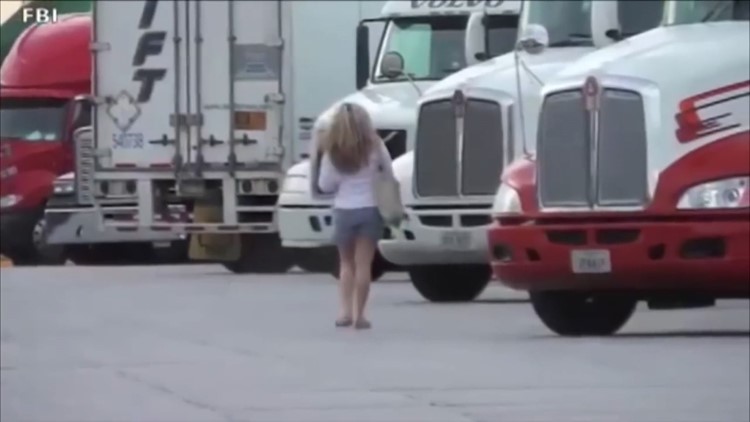HUNTSVILLE, Ala. — In our earlier reports, we found that having statistical data on the number of cases of victims can be hard to find because of how offenders are prosecuted. "While we have strong laws against human trafficking, a lot of times law enforcement will get human traffickers in custody and if it's easier to get them on a racketeering charge for example, or a kidnaping charge, if that's got teeth and they can make that stick, they're going to want to stick them with whatever is going to get them in prison," Bo Williams with the North Alabama Human Trafficking Task Force shares.
US Attorney for the Northern District of Alabama Prim Escalona, explains why. "We have some statutes where we charge for sex trafficking or labor trafficking," Escalona explains. "But a lot of times in addition to that, we see other crimes that are being committed by those same traffickers, whether it's gang related activity, drugs, money laundering, firearms charges and so, what we do is we use every tool in the toolbox."
There’s a reason for that. "A lot of times we look at the individual case and where the evidence is strongest and also the impact to the victim," Escalona shares. "So sometimes if we can charge a statute that does not require a victim to have to testify and be retraumatized, we'll often take that road because it serves the victim as well as serving the community and putting that trafficker behind bars without having to revictimize a victim."
The process of prosecution has many moving parts. "So, it comes to us in a variety of ways. There are really two federal agencies that do a lot in the area of human trafficking," Escalona shares. "One is Homeland Security, and the other is the FBI. We also see a lot of cases that come in from local law enforcement and so a lot of times we'll work with our state and local partners when a case presents that can have some federal charges as well as state and local charges."
Community partners also have a vital role. "Then another way that we kind of see cases come in a lot of times is that we have really strong relationships with our community partners and community service partners," Escolana adds. "So, a lot of times we'll get referrals from that as well where they know of the situation and we're able to get local or federal law enforcement to go investigate but it always starts with an investigation. oftentimes it's a tip or referral or some interaction that a community partner has with the victim and can make a referral to our office. That starts with law enforcement. We always encourage folks if they have tips or if they see something to report it to, either local law enforcement, the Homeland Security, or the FBI."



